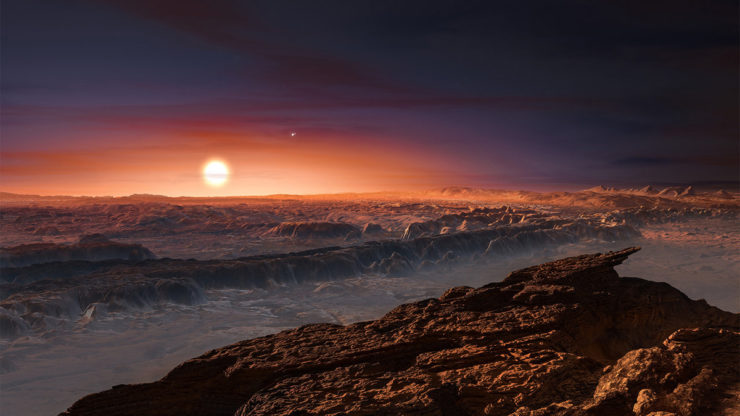Late in 2020—remember 2020? We had so much fun—astronomers reported radio signals from Proxima Centauri, which, as you know, is at present the closest star to the Sun. This sort of thing cannot be due to aliens (of course)… but just suppose it were.
If the signal is from entities native to the Proximan system (which is now known to have at least two worlds, one of which is a terrestrial world in the liquid water zone) then either we got stupendously lucky or technological life is very, very common. If the aliens are not native to Proxima, then they got there somehow, which strongly suggests that:
A: they are much more technologically advanced than we are, and
B: they have possibly expanded through some/much/all of our galaxy.
The second possibility raises another question, which is: if some civilization has spread throughout our galaxy, why haven’t they visited us?
There are at least five plausible explanations.
Zoo Hypothesis
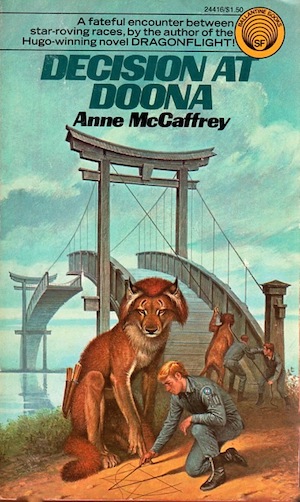
The aliens are aware of us but prefer for some reason to actively avoid overt contact. Possible reasons:
- In Anne McCaffrey’s Decision at Doona, a first contact gone horribly wrong has left an interstellar polity with an extreme reluctance to interact with other civilizations.
- Scientific detachment. Let’s see how these humans develop. No fair contaminating the experiment.
- Humans are icky.
- Nature preserve. There’s something interesting about the Solar System and it isn’t us.
Stagnation
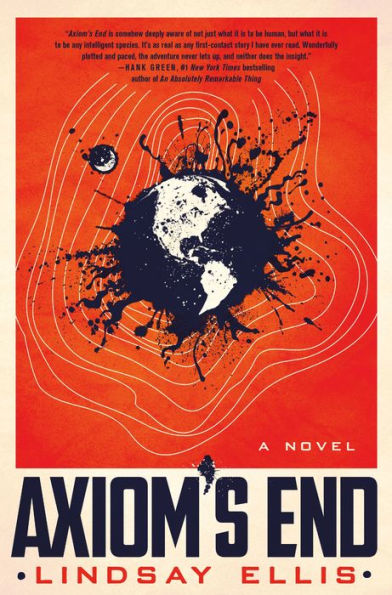
Sure, the aliens have starflight but they are perfectly happy with the territory they have and see no reason to seek out the headaches of incorporating new worlds. Especially new worlds with potentially obstreperous natives. Example: Lindsay Ellis’ 2020 novel Axiom’s End. The aliens that the Americans have codenamed Pequod are quite aware of the Earth, but since Earth is mildly inconvenient to reach and offers nothing they want that they cannot acquire more easily at home, they’ve been content to ignore us. This is entirely to our benefit, as demonstrated by the very limited first contact that shapes the plot of the novel.
Been Here, But…

The Earth is four and a half billion years old. Perhaps it does get visited from time to time, but at such intervals that the physical evidence has thus far been erased by geological processes. In Julian May’s Saga of Pliocene Exile, for example, the Tanu and the Firvulag aliens colonized Earth six million years in the past. All evidence of this alien sojourn had been erased by the present day, which meant that 21st-century human time travellers have a delightful surprise waiting for them at the other end of the one-way time gate to 6,000,000 BCE.
Other worlds in the Solar System lack Earth’s robust weather and geology, so perhaps the key to finding evidence of visitors is to check the more pristine bodies, like our Moon.
Overlooked for Good Reason
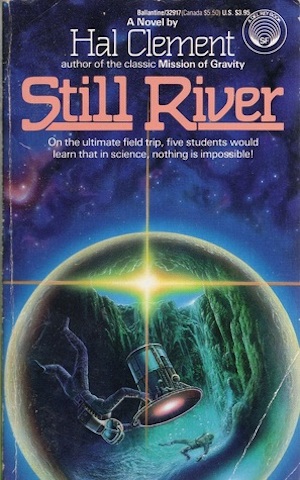
Perhaps the aliens’ body of experience suggests that the Solar System is unlikely to have worlds of interest. Many sources will suggest that the Sun is an unremarkable star. In fact, this not true at all. The Sun is much larger than the average star. Consequently, not only is its time on the main sequence much shorter than average but its luminosity varies dramatically over time—the Sun may be a third brighter than it was four and a half billion years ago.
This was the reason the Sun was ignored in Hal Clement’s Still River: nothing in the Galactics’ experience suggested there could be life, let alone intelligent life, on a world orbiting a rapidly brightening star, particularly on a world already so overheated that H20 was liquid.
Note that Proxima is small and dim, unlike our star, and that while one of its known worlds is within the liquid water zone, the other one is very much not.
Have Not… Yet
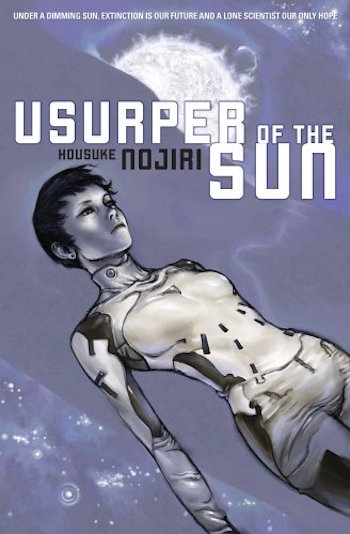
Perhaps we’ve simply been overlooked… thus far. In their paper A Simple Model of Grabby Aliens, Robin Hanson, Daniel Martin, Calvin McCarter, and Jonathan Paulson suggest that we are simply the beneficiaries of dumb luck. For all we know, the Milky Way is even now being carved up by a few inexorably expanding civilizations, but thanks to our location out here in the unfashionable boonies, they have yet to reach us. The operative word being “yet.”
Perhaps, as in Housuke Nojiri’s Usurper of the Sun, in which the Solar System is reshaped to suit enigmatic alien goals, we are due for a very rude awakening. It may be *very bad news* for us if those really are alien signals from the star right next door. In a few years, we may remember 2020 as a comparative golden age…
***
No doubt you have your own favourite explanations for our isolation, explanations I have overlooked. The comments section is below and awaits your submissions.
In the words of Wikipedia editor TexasAndroid, prolific book reviewer and perennial Darwin Award nominee James Davis Nicoll is of “questionable notability.” His work has appeared in Publishers Weekly and Romantic Times as well as on his own websites, James Nicoll Reviews and Young People Read Old SFF(where he is assisted by editor Karen Lofstrom and web person Adrienne L. Travis). He is a four-time finalist for the Best Fan Writer Hugo Award and is surprisingly flammable.










